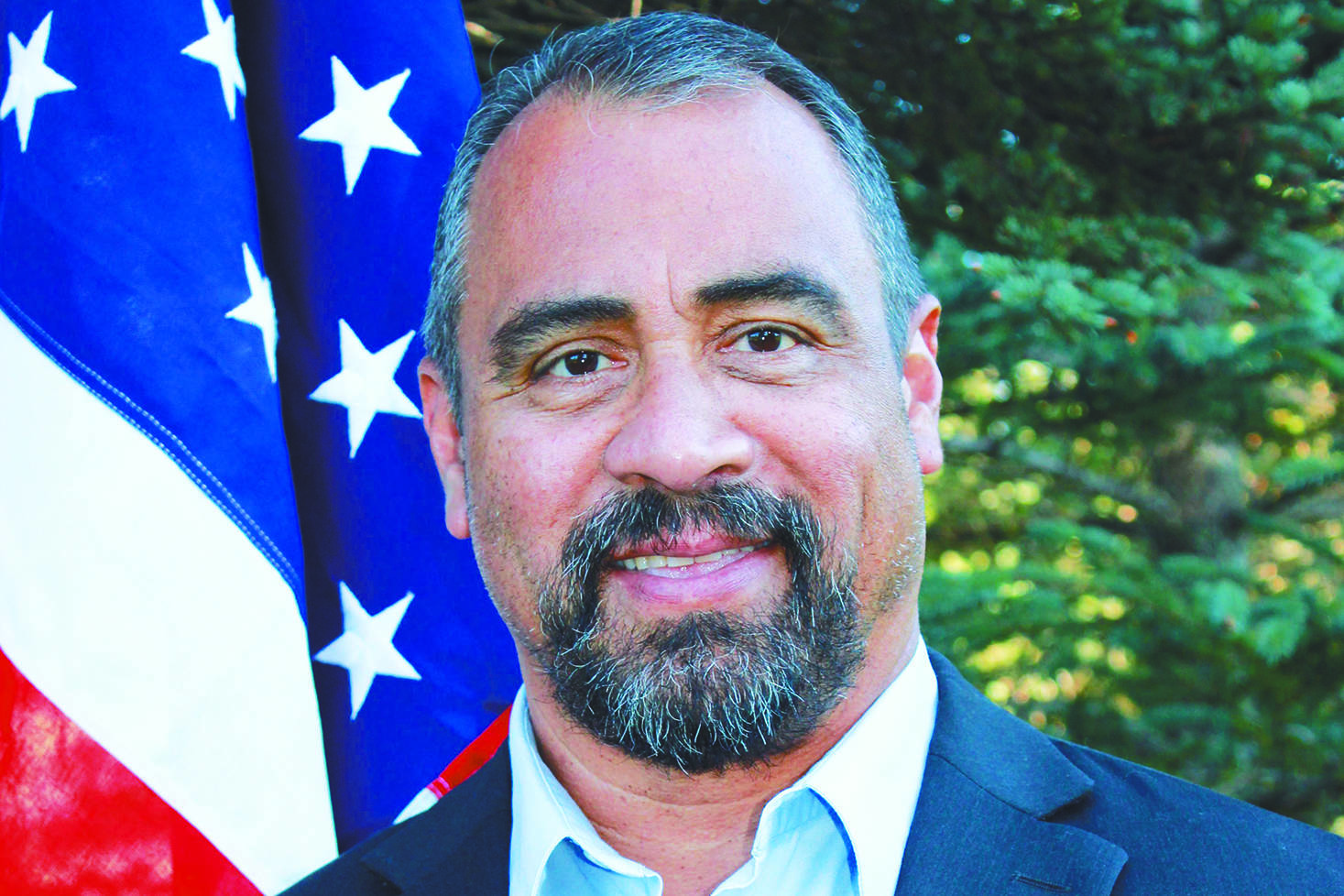On the 18th of August there will be two issues that will be brought to the forefront of today’s political arena and decided. Alaska’s binding caucus and the Alaska Permanent Fund dividend. These two issues have been highly talked about and discussed. However, when we imagine the well-being of the state of Alaska, there are other areas that must be addressed. I want to bring attention to the fishing industry.
It should go almost without saying that fishing plays a pivotal role in our state’s economy, and not only in our commercial industries. Fishing is a hot-button topic for tourism, along with the game of sports fishing, subsistence and the general concept of feeding the family. One of the beginning steps our community needs to take when addressing the shortcomings of Alaska’s inventory of fish is to stop pointing fingers at one another.
In order to execute meaningful policy that lasts in our Alaskan wildlife services, we have to start from top to bottom — reliable and transparent management needs to be established, starting with annual audits aimed at our fishing commissioners. Audits aimed at making sure statistics being put out are accountable and accurate are one of the minimums of government we can actually expect, and with the current operating procedures, it has become grossly noticeable that money and politics have become a driving factor of the customization of Alaska’s fish sources.
I didn’t study in wildlife biology, nor possess a fish and wildlife management degree, and I hope everyone can forgive me for that — but nonetheless here are my proposals.
I mentioned the pointing of fingers. In Alaska, the fishing complex serves the needs of everyone — but through policy buffers. I recently spoke with a voter in Homer who is a commercial salmon fisherman. He informed us of the tensions arising between his crew and the dipnetters. The voter I spoke with had been accused of taking the majority of the fish out of the Kenai River, however, his crew only fish two days out of the week — Monday and Thursday. Where they do fish is underneath the tip of Calligan Island, known as Area 1.
The Alaska commercial fishing industry has been occasionally subjected to invisible boxes, walled in by designated coordinates where multiple boats are competing for basically the same group of fish, not out of free will but through maintaining a relationship via a line in the ground with the dipnetters, even in spite of commercial fisherman denying the “catch crossover.”
In order to support the float guides fishing industry, as well as subsistence fishing, salmon escapement needs to be ensured so that all of our state’s fish species isn’t jeopardized by the spike of nitrogen released into the water. By extension, there needs to be eyes open in case of the issue of over escapement — a mutual issue for fisheries, as well as for fish that are cramming into bodies of water they weren’t meant to be in.
Fishing shouldn’t be catalogued underneath Alaska’s boring-but-true bureaucracy.
It is a lively industry that is responsible for the health of many Alaskans, as well as a high source of revenue for the state.
This is a conversation that needs to be activated again. Commercial fishing is enabled depending on a fish count made up to five days prior, therefore, it’s important that we as a community reach a gray area through trigger points.
When fish are around 500 of a hypothetical maximum of 1,000, we can possibly consider opening fishing from two days to three. Incidentally, the community may also consider opening units they can fish in to avoid the possibility of depleting a specific run of salmon.
I’ve also been asked about my thoughts on fish farming and hatcheries. I believe the hatchery plays a vital role in maintaining a dependable return of salmon, provided the hatcheries are maintained at the headwaters of each river for the purpose of ensuring genetic salmon to the specific river. When I’m in the state Senate, I plan on listening to all sides of the story.
John Cox is a Republican Party primary candidate for Senate District P, covering Cordova, Kodiak Island, Homer, Anchor Point, Kasilof, Ninilchik, Yakutat, Seldovia and Tyonek.

